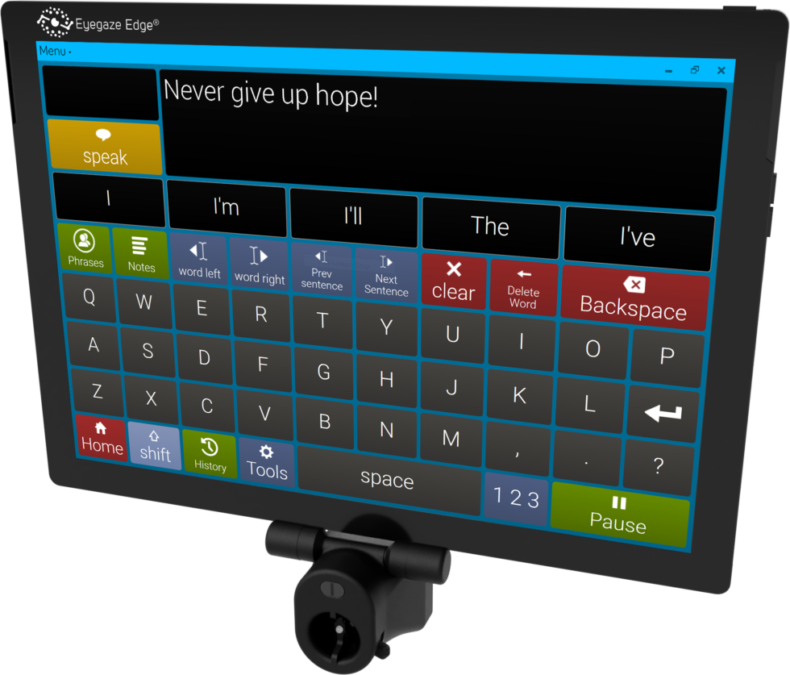Children’s hospitals often make us feel sad for the young patients who must deal with sickness and injury rather than focus on playing, as children should. However, within the walls of children’s hospitals lie hope, compassion, and innovation, too.
An Atlanta-area children’s hospital recently received an injection of hope, in the form of a generous gift to fund an eye-tracking unit for the hospital. The gift was a $75,000 donation (by the Bagwell family and American Proteins) toward the Early Autism Detection Unit of Children’s Healthcare, and the hope is that this machine will be able to help autistic children and their families start treatment sooner for better outcomes.
Researchers are quickly gaining an understanding of the tiny, rapid eye movements – called saccades – that offer a window into brain functioning. Capturing such movements with eye-tracking devices can help psychologists diagnose mental and neurological disorders much sooner than with other indicators. Autism, Parkinson’s disease, and attention-deficit hyperactivity disorder are among the disorders that can be detected using eye-tracking devices.
This is good news for doctors who want to diagnose autism sooner in young patients who need early intervention. In the U.S., one in 88 children is affected by autism and related disorders. In Georgia, where Children’s Healthcare is located, one in 84 children are affected.
The Marcus Autism Center in Atlanta’s Dr. Ami Klin and Dr. Warren Jones built the eye-tracking device, which is highly accurate in its prediction of autism, and pair their diagnostic work with an early intervention program.
The goal of the Children’s Healthcare project is to place 10 eye-tracking devices in high-volume pediatric centers in the Atlanta area so that infants can be tested for autism along with other developmental milestones.

